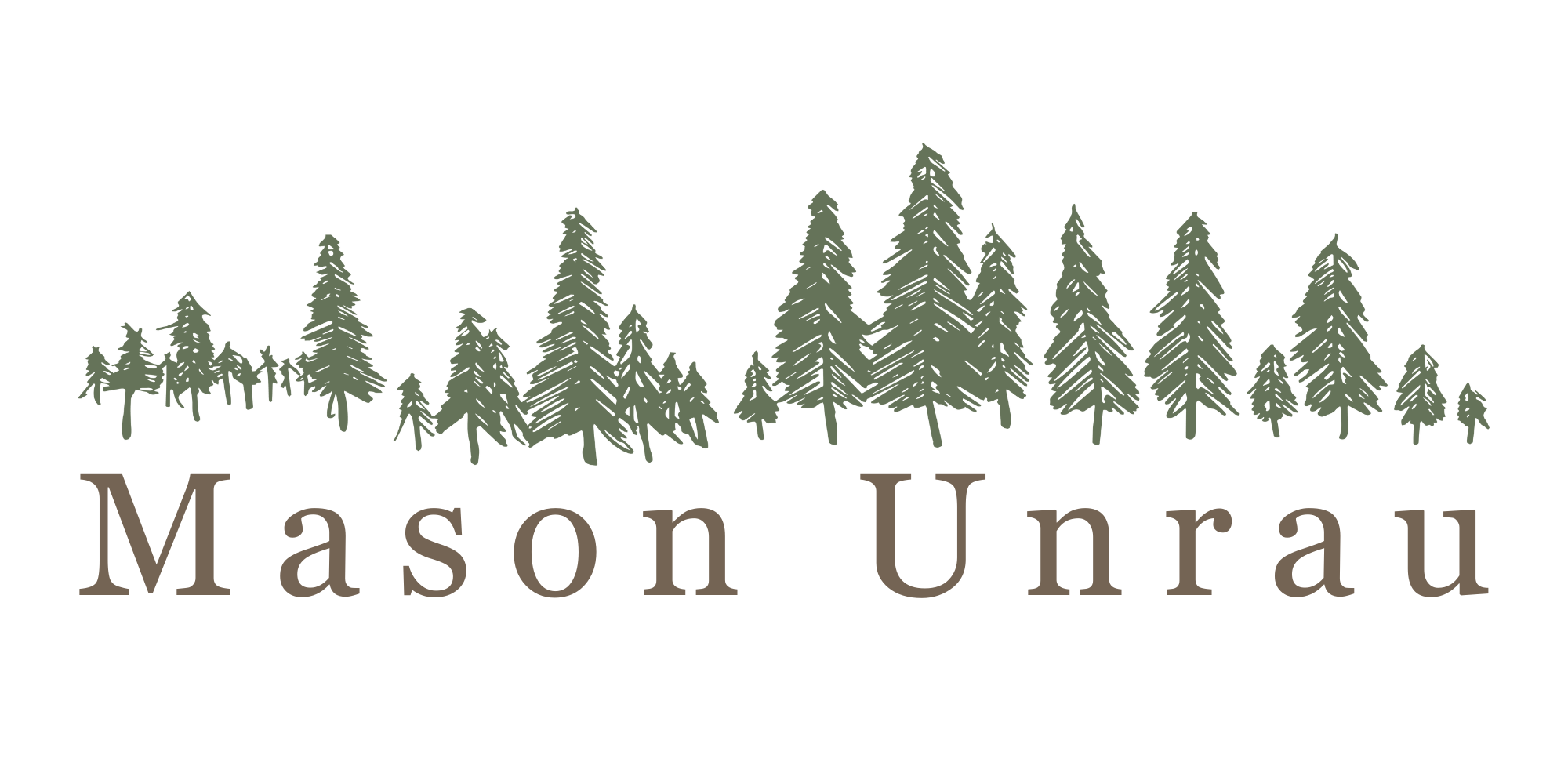Homeland Stewardship.
“When we begin ignoring or neglecting these systems we enter into a finite timeline that will lead to exhausted land or resource that we need for health. To avoid the need to relocate due to lacking resources for survival, we must engage as much as we can in conscientious care for the ecosystem we want to call home.”
I am a visitor here in Whitehorse, which is located on the traditional territory of the Kwanlin Dün First Nations and Ta’an Kwäch’än Council. I am also a visitor to the place I call home. Having grown up on the traditional territory of the Plains Cree and Metis Nation Territory, I'm left with a complex understanding of what a homeland means. I generally want to attribute homeland-ship to anyone who cares well for the ecosystems they reside in. I run into difficulty when considering what responsible stewardship looks like. For many suburban folks, a well-manicured lawn, straight fences, pristine annual flower beds, and a 'pest' free property are the quintessential standards for good stewardship. In contrast, an agrarian-minded individual may consider that example as the antithesis to caring for the land. They might advocate that unless livestock or crops are occupying a space, the land is going to waste. A third option could be that of a trapper, who imagines a well cared for ecosystem as one with healthy animal populations that they manage diligently. All of these viewpoints have aspects that I think contribute to a deeper understanding of stewardship but incomplete.
Universally, affection is essential in each scenario. People care for the place, which leads them to actively engage the environment in a way they see as the proper order of things. Where they diverge is how each one defines what proper order should look like. In my understanding of sustainable stewardship, I think aligning ourselves as close as we can with the natural rhythms of a given ecosystem is essential for long-term health. At times this may require intensive amounts of human intervention, while the goal should continually be that of finding equilibrium with nature. As humans, we are living beings that rely immensely on the support of innumerable other ecological systems and organisms. When we begin ignoring or neglecting these systems we enter into a finite timeline that will lead to exhausted land or resource that we need for health. To avoid the need to relocate due to lacking resources for survival, we must engage as much as we can in conscientious care for the ecosystem we want to call home.
Returning to my initial conviction about being located in another peoples' homeland, I can't help but feel conflicted and saddened by how certain populations manage the regions they consider their own. I'm intentionally being vague because I don't think generalization is possible. To reconcile the aforementioned negligence, I desire to find a small amount of land that allows me to pursue ideal stewardship. Many have come before me and likely failed due to hardships or shifted goals. I am not naïve to the exhausting work proper care requires and I am especially not oblivious to the people who have cared for their homes better than I do or will be able to. I hope that we all look closer at how we occupy the land. Exerting the appropriate amount of energy required to sustainably reside on previously untouched ecosystems is essential for communal health and longevity.
This can be a contentious subject, and by no means do I think this short post has done justice to such a personal and complex topic. I plan to continue ironing out my thoughts on this matter. In the meantime, I'm working on gaining the tools and knowledge necessary for when I have the opportunity to care for the land in my home region. If you know anyone who might enjoy my musings or photographs, it would help immensely if you share this post or subscribe to my monthly letter.
Grace & Peace.














